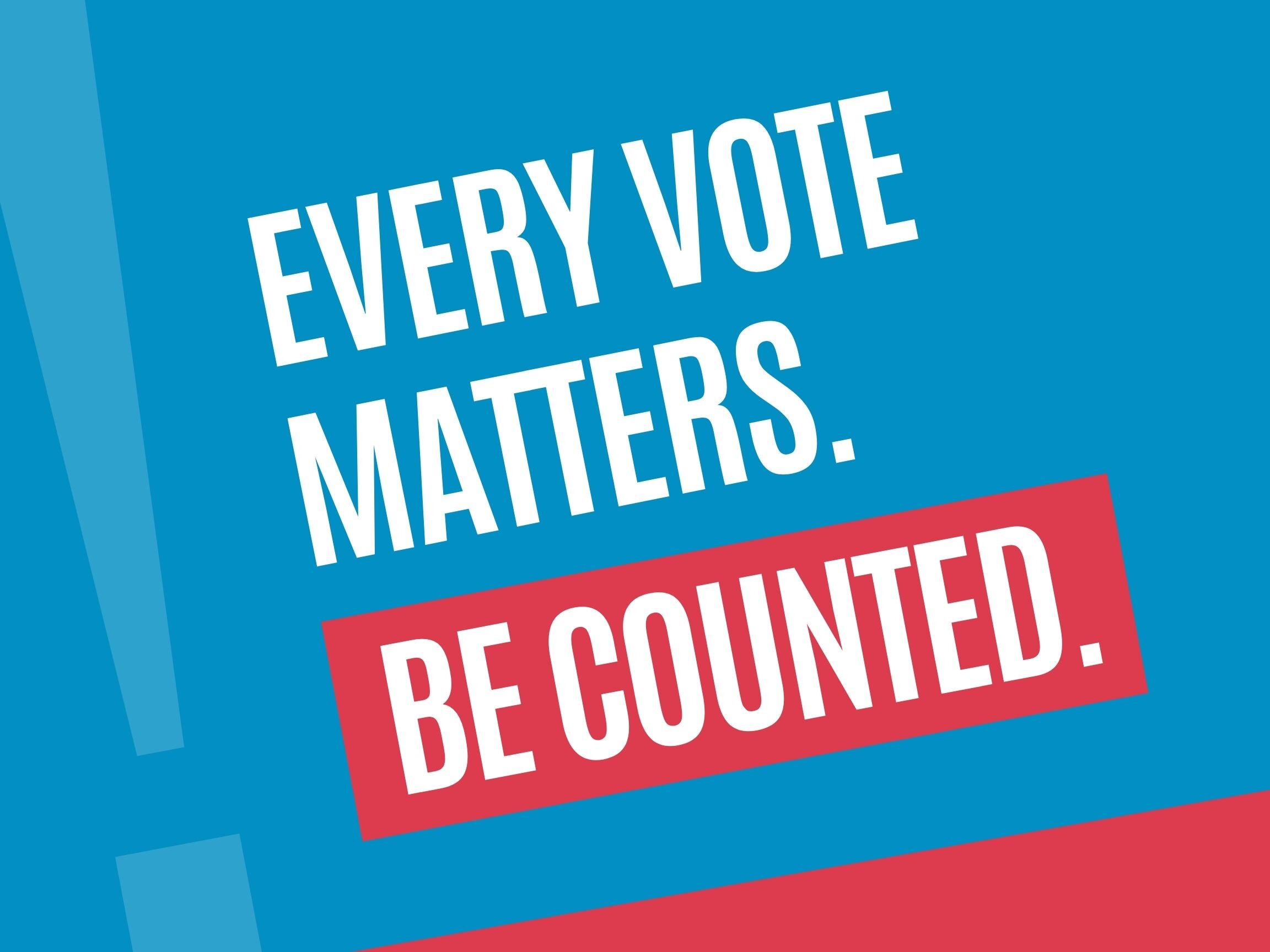Voter education in Zimbabwe is provided for in the Constitution and the Electoral Act. Section 239 (h) of the Constitution provides for ZEC to conduct and supervise voter education.
Part of the Electoral Act defines voter education as any course or programme of instruction on electoral law and procedure aimed at voters generally, thus limiting the definition to what is more properly regarded as voter information rather than education.
Section 40B (1) (b) of the Electoral Act also provides that ZEC must ensure that the voter education provided by others is adequate, accurate, and unbiased.
Furthermore, Section 40B (3) provides that ZEC “may permit any person to assist it in providing voter education.”
ZEC is required by the law to start a programme of voter education within a week of the proclamation of election dates.
ZEC accredited 79 organisations to conduct voter education for voter registration and the election period. Voter education initiatives by CSOs were more visible in 2018 when compared with previous electoral cycles.
This is partly attributed to the relaxation of some of the stringent requirements that CSOs needed to meet before permission was granted by the Commission to conduct voter education.
The legal framework for voter education was amended to repeal the requirement to disclose sources of funding to ZEC, and the need to channel foreign funding through ZEC by organisations that intended to conduct voter education.
Commendably, the voter education conducted by various electoral stakeholders was more visible and more comprehensive than in previous election cycles.
There were also deliberate efforts to convey voter education messages in local languages including targeting specific groups such as women, the youth, and People with Disabilities (PWDs). Zesn and its CSOs partners conducted vibrant voter education campaigns and information dissemination to the electorate using methodologies such as road shows, use of popular artists, video skits, door to door campaigns, billboards, pitching information kiosks at public places such as churches and shopping centres, radio and television (TV) programmes, print media adverts and social media.
These methodologies contributed to increased access to civic voter education (CVE) by various categories of voters.
ZEC voter education for the 2018 harmonised election was informed by a ZEC Five-year Voter Education Strategy developed in March 2016. The strategy was premised on the importance of using a multi- media, a multi-sectoral approach and continued voter education (VE), unlike previous years where VE was done periodically.
In this regard, ZEC provided early accreditation to over 79 organisations to complement its efforts.
Prior to the 2018 elections, ZEC organised workshops to develop voter education materials and messages, and invited input into the process from CSOs such as Zesn, Women’s Coalition of Zimbabwe (WCoZ), the National Association of Youth Organisations (NAYO), the Youth Empowerment and Transformation Trust (YETT), the National Association of Societies for the Care of the Handicapped (NASCOH), and the Election Resource Centre (ERC).
This resulted in the creation of innovative voter mobilization strategies that were used by the Commission.
ZEC used a plethora of strategies for its voter education campaign and this included the deployment of four mobile voter educators per ward nationwide, road shows, door to door, radio and TV programmes, radio adverts, jingles, newspaper adverts and print and dissemination of pamphlets, flyers and posters, t/shirts, caps, hats bags and billboards with voter education messaging.
In terms of messaging, ZEC focused mainly on providing information on the nature of the BVR, the requirements for registration as a voter, inspection of the voters’ roll and voter information on voting, voting processes, assisted voters, voters’ rights, the polling station set up and locations and peace and secrecy of the vote, dates and times of key electoral processes.
ZEC also focused on mobilising women, the youth, and marginalised groups such as PWDS.
As compared to previous elections, ZEC conducted a robust voter education campaign though there were challenges of limited Information, Education and Communication (IEC) materials in some places especially in other local languages.
In addition, CSOs coordinated by Zesn developed a voter education strategy aimed at increasing turnout for the BVR process and voter turnout on election day, targeting mainly the youth, women, and PWDs.
Zesn also produced a CVE Manual and other materials such fliers, posters, as t/shirts, hats, caps, and mugs were shared with other CSOs conducting voter education.
The manual was the principal tool that guided the CVE planning and content, emphasising the principles of accuracy, non- partisanship and inclusivity.
The manual focused on messaging that relates to citizens’ civic and political rights, political participation, secrecy of the vote, de-mystification of the BVR process, and elections.
CSOs ran several campaigns, for example, the “VIP” – Vote in Peace by ZESN, Zimbabwe Council of Churches (ZCC) campaign “I Pray I Vote”, while the voter education theme of youth organisations, YETT and NAYO was “Ballot Buddies and the Leave no Youth Behind” respectively.
Through the #IprayIvotecampaign, the ZCC also conducted the Ecumenical Elections Covenant, which it took to represent what the citizens hoped and prayed for.
ZEC and CSO voter education efforts are some of the key factors that contributed to a comparatively high turnout for both the voter registration process and the harmonised election.
On a less positive note, ZEC did not act expeditiously to denounce and take action against those who were collecting serial numbers from voter registration certificates.
This demand had, and was clearly, designed to have an intimidatory effect on voters, particularly the rural folk and those in remote parts of the country.
by Zesn
Zesn was created in 2000 and is currently a network of 36 Non-Governmental Organisations
(NGOs). The major focus of the network is to promote democratic processes in general and free
and fair elections in particular.
Zesn is the Secretariat of the Southern Africa Development Community Election Support Network (SADC-
ESN) and is a member of The Global Network of Domestic Election Monitors (GNDEM).
Zesn is independent in its findings and conclusions. The network’s election observation missions are guided by the Constitution and
electoral laws of Zimbabwe, and a number of regional and international conventions and declarations to which Zimbabwe is signatory, such
as the SADC Principles and Guidelines Governing Democratic Elections, the African Charter on Human and Peoples’ Rights (ACHPR), The African
Charter on Democracy, Elections and Governance (ACDEG), the International Covenant on Civil and Political Rights (ICCPR), and the Universal
Declaration of Human Rights (UDHR).
Zesn is also guided by the Global Network of Domestic Election Monitors (GNDEM’s) Declaration of Global Principles for Nonpartisan
Election Observation and Monitoring by Citizen Organizations and Code of Conduct for Nonpartisan Citizen Election Observers.


